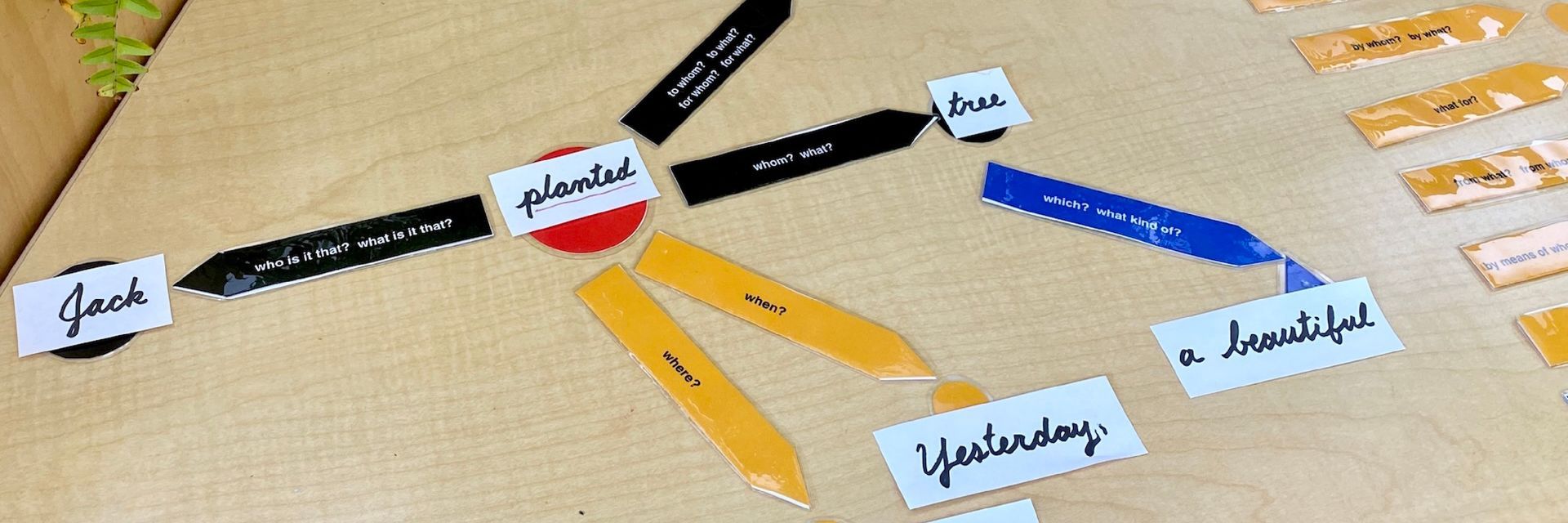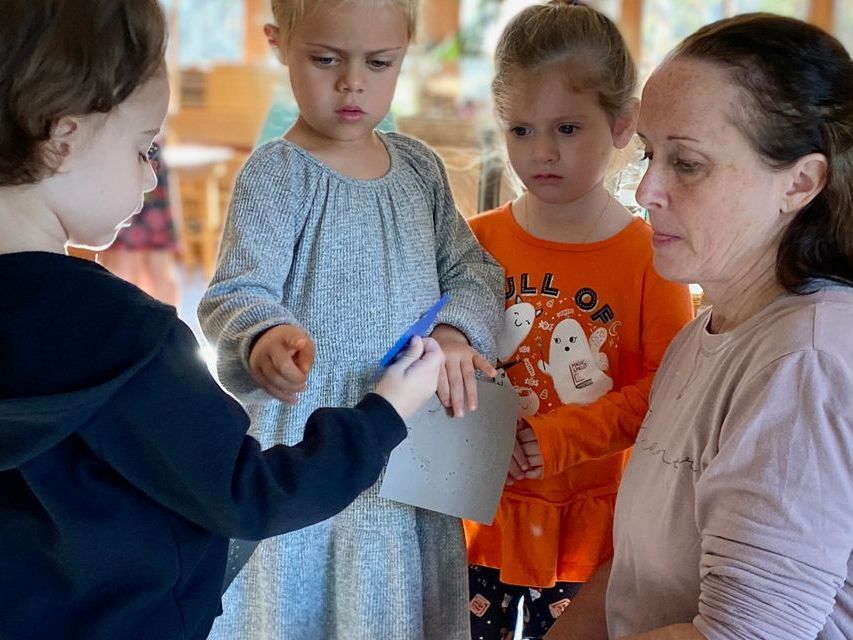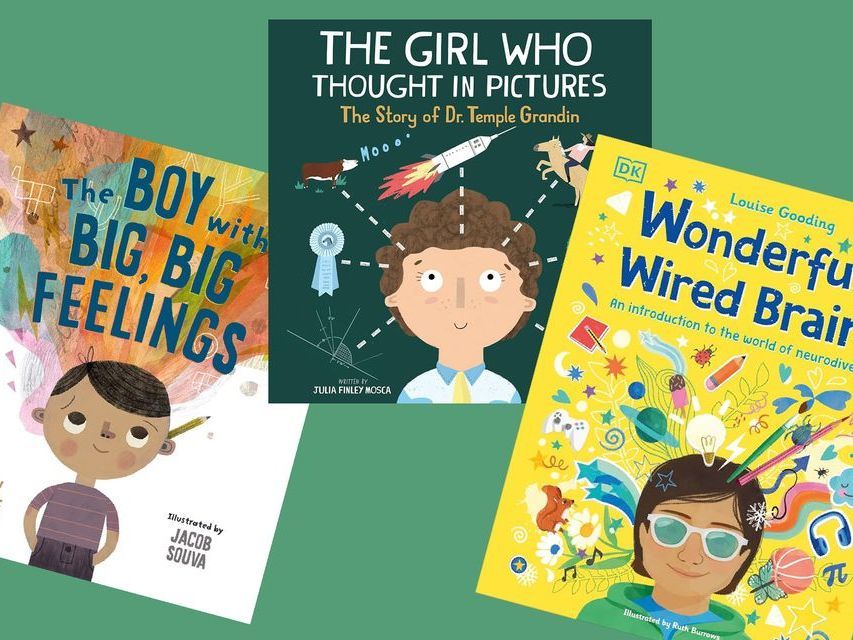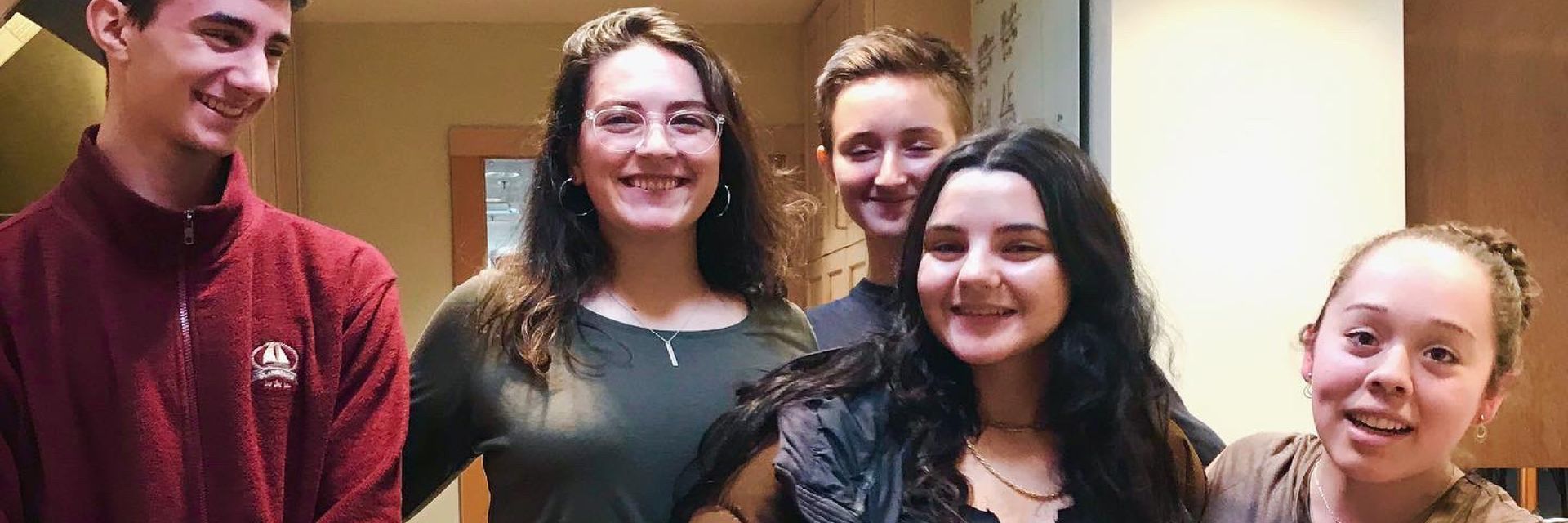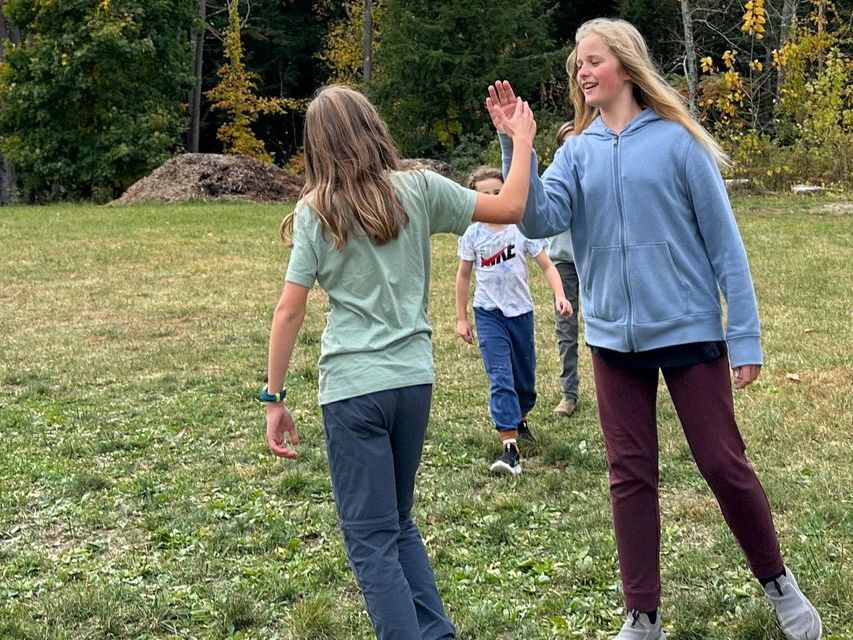5 Effective Ways to Be an Engaged Parent

Research has shown time and time again that parent involvement is critical to children’s success. We all want to take an active role in our child’s education, but sometimes it can be a challenge to discern just where our efforts are best spent. Below we touch on six critical areas that all parents can focus on to make a big difference.
1. Make connections
Consider the whole school community and make connections with others whenever possible. This usually starts early, with your child’s teacher. Let them know who you are, reach out whenever you have questions or concerns, and ask them how you might best support their work in the classroom.
Connections can also be made with school administrators. You likely met some administrators during the admissions process, but it’s always nice to say hello and touch base when you can offer support or have positive feedback.
Do you have a passion for art? Check in with your child’s teacher just for conversation or to help out. Feeling social? Introduce yourself to other parents in the school community. Any time we connect with others we strengthen the community as a whole, which is a great thing for everything involved.
2. Keep learning
As educators, we consider ourselves to be lifelong learners. We work hard to cultivate a joy of learning in our children, so that they may carry that passion for knowledge with them throughout their lifetimes. We hope that the families we serve feel the same way.
Montessori education is unlike any other method of learning and teaching. In order to fully support your child’s growth and learning, it really helps if you as a parent prioritize learning what you can about Montessori. By understanding more about child development, our methods, and why Montessori does things differently, you will have a deeper understanding of what goes on during your child’s school day, and you will find more nuanced ways to support them at home.
“Keep learning” isn’t just about Montessori, either. We believe all humans should stay curious. If your child sees you nurturing your own passions and seeking out new information regularly, you are setting an example that will stick with them for a lifetime. So take time out to learn more about whatever interests you, and share your enthusiasm with the whole family when it strikes.
3. Support learning at home
Learning doesn’t just take place within the confines of a classroom; it happens everywhere. Children spend a huge portion of their time at home, and while the home is a multi-purpose environment, it can also support children’s learning. We don’t mean you should go out and purchase Montessori materials (in fact, we don’t advocate doing so without specialized training). There are plenty of simple and small ways to support learning. Our bet is you’re likely already doing many of these! A few ideas:
- Keep plenty of books and magazines around. Source your local library and second-hand bookstore to keep things fresh! Trading with friends is another fun idea.
- Play board games together. Not only does this give everyone a chance to connect, but many games have elements of learning embedded into the fun.
- Spend time in the kitchen. There are so many important skills to be gained, from practical life to fractions.
- Emphasize toys that make kids think. Instead of the flashing, battery-powered variety, think about more open-ended options. Art supplies, blocks, colorful scarves, and even sets like marble runs keep kids entertained and thinking.
- Read together. Again, this is a great way to connect while building all sorts of literacy skills.
4. Consider different forms of advocacy
It won’t come as a surprise when we say that parents are their children’s strongest advocates. Whether your child is struggling in academic or social skills, when they’re young they count on you to convey this information to other adults. Open communication is key, and it helps to recognize that children often have very different experiences at home and school. If you have concerns about your child, address them with their teacher early, and stay connected to discuss progress.
It is very important for us to note that you will not be able to advocate for your child forever. One of the hallmarks of Montessori education is to nurture children’s independence, and we count on parents to help us in this endeavor. We want to teach our children to advocate for themselves, so as soon as they are able, we should encourage them and teach them how to speak up for themselves.
Do they wish they had more challenging math work? Talk them through how they might ask their teacher or how you can support that communication with their teacher. Are they struggling with another child on the playground? Go over various options and scenarios with them so they know how they might try and solve the problem in the future.
Our children need us to stand up for them, but ultimately, they need us to teach them to stand up for themselves.
5. Attend events
Being an involved member of the community is one of the simplest and most effective ways to support your child and their school. We want to again acknowledge that families are busy and not everyone can attend every event, but we hope you will join us whenever possible.
Some events are educational, while others are meant to be just fun. Either way, they are a great way to build and strengthen connections.
We want to thank you for being a valued member of our community. Having different voices and perspectives is part of what makes our school strong, and we are grateful to all of you for everything you do to support us and your children!
